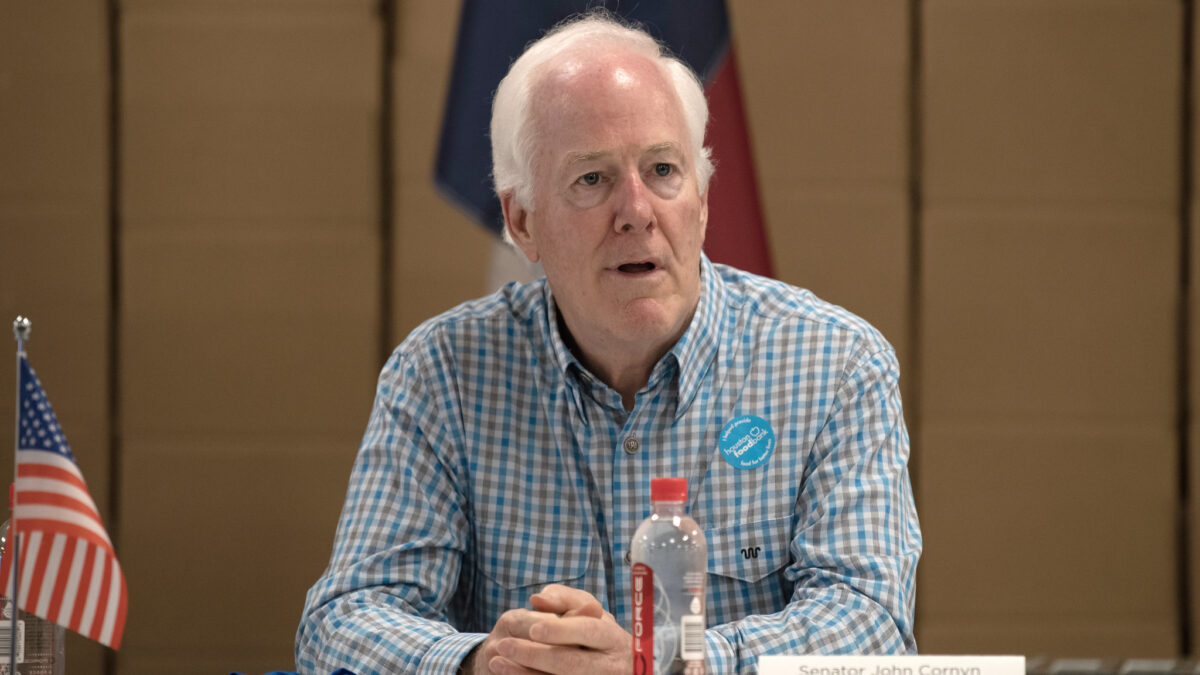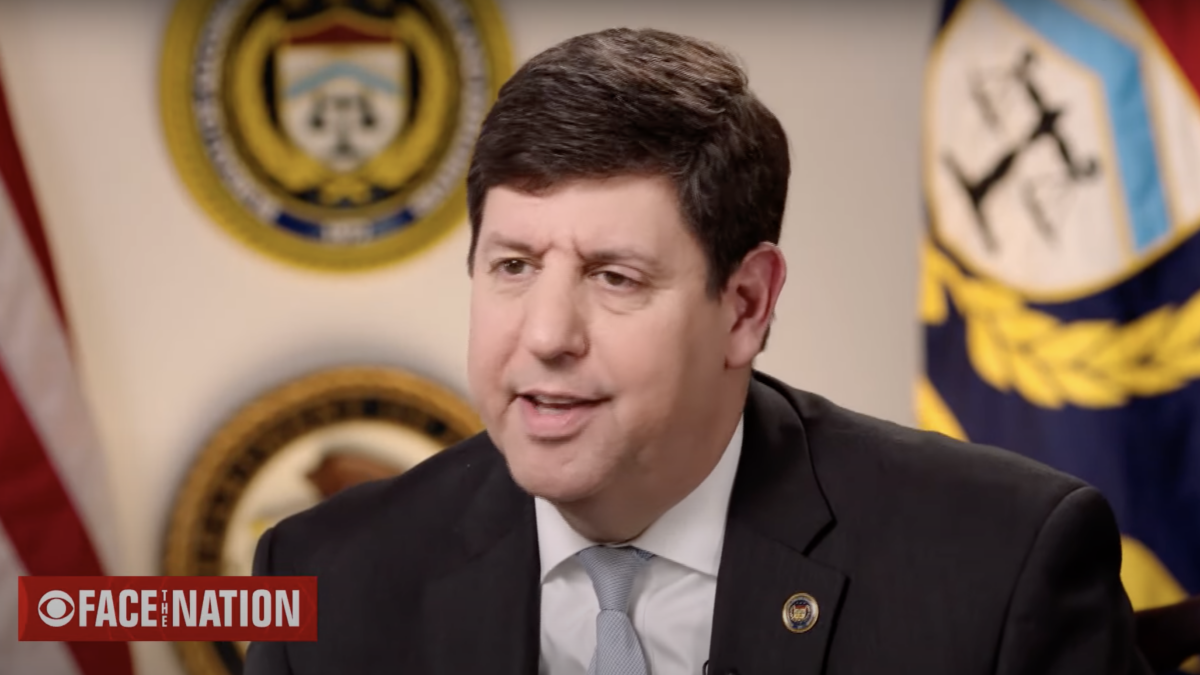A new gun control bill from Democratic Sen. Tim Kaine of Virginia appears to be nothing more than a backdoor ban on all private firearm sales in the U.S.
Kaine’s proposed law, entitled the “Responsible Transfer of Firearms Act,” places a criminal federal liability on anyone who transfers a firearm to an individual prohibited from possessing one by federal law, according to a fact sheet provided by Kaine’s office. Under current law, federal firearms licensees (FFLs), by virtue of being required to conduct background checks, are assumed to know whether potential buyers are prohibited from possessing firearms based on the results of the required background checks. Kaine’s law would extend that assumption, and the criminal liability attached to it, to private individuals as well.
Sounds simple and uncontroversial, right?
Not really. The reason FFLs currently face criminal liability for unlawful transfers is that they’re mandated by law to conduct or confirm background checks on all firearms sales (even sales at gun shows). All interstate sales between private residents must also be processed through an FFL in the buyer’s home state, and that process must include a federal background check. Sales between two private, non-FFL individuals who reside in the same state are the only major category of firearms transfers that are exempt from federal background checks (the reason for that exemption is obvious: there’s no federal or interstate commerce nexus).
In order to conduct those federal background checks, and to prevent themselves from being held criminally liable for selling guns to criminals, FFLs are granted access to the FBI’s NICS database. Before completing a sale, FFLs will contact the FBI, give them the information provided by the buyer on ATF form 4473, and the FBI will tell the FFL whether the buyer is cleared to purchase a gun.
While current federal gun law imposes a criminal liability only on those institutions with authority to conduct criminal background checks, Kaine’s bill does no such thing.
Instead, Kaine’s proposal criminalizes a private individual’s failure to conduct a federal background check while refusing to give that individual the right to conduct the federal background check in the first place. Kaine’s office confirmed that his bill does not give private individuals the authority or ability to conduct federal background checks in order to avoid the federal criminal liability imposed by his proposal. Federal law currently restricts NICS access to FFLs or state law enforcement agencies.
“[I]t does not give non-FFLs access to the [NICS] database,” Amy Dudley, Kaine’s communications director, told The Federalist via e-mail.
The legislative text of the proposed bill releases the criminal liability only if the seller “has taken reasonable steps to determine that the recipient is not legally barred from possessing firearms.” However, the most reasonable step available — conducting a background check via the same system used by FFLs — is not available to any private individuals.
Kaine’s gun control proposal is akin to an anti-speeding law which for some reason prohibits drivers from using speedometers to gauge their speeds.
Aside from virtually eliminating the private sales market in the U.S., Kaine’s gun control bill will also likely drive up profits for FFLs. If private individuals remain banned from conducting federal criminal background checks, they will be forced to process their transfers through FFLs, most of which charge hefty fees to process external sales.
The latest gun control effort from the junior senator from Virginia comes on the heels of the gun control movement’s failure in 2013 to enact so-called universal background checks. Rather than working to convince states to require background checks on all purchases, Kaine is doubling down on the gun control movement’s repeated failure to enact federal universal background checks.
Given that the 2013 gun control effort failed to garner the 60 votes necessary to end debate, it seems highly unlikely that a far more drastic proposal — a de facto ban on private, intrastate gun sales — would come anywhere close to passage.









